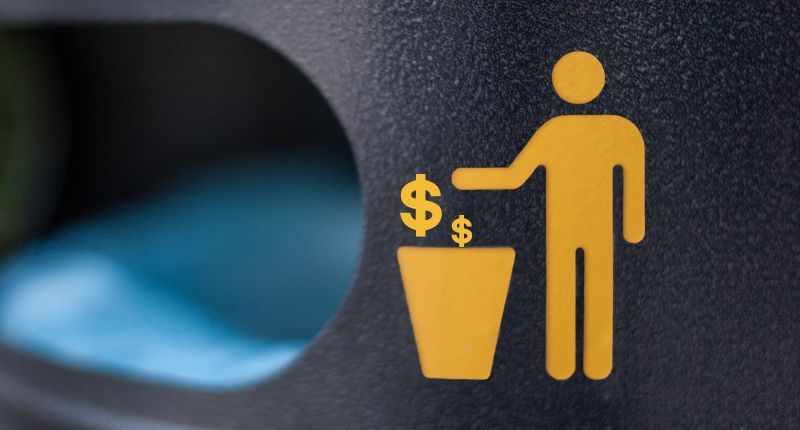
- Aussies who sell before they buy need to find somewhere to stay
- Finding a rental is tough, with the national vacancy rate at record lows
- Rental prices are also rising, prices nationally have risen over 33%
A survey of over 1000 Australians has found that money is being siphoned off to landlords by home buyers who sell their property first.
Over half of those surveyed (52%) said they had to find temporary accommodation while waiting for their new digs; the younger the home buyer, the more likely they needed a place to stay.
| Age group | Percentage requiring temporary accommodation |
| Under 25 | 100% |
| 25-34 | 63% |
| 45-54 | 56% |
| 55-64 | 49% |
| Over 65 | 39% |
Source: Bridgit survey.
The average cost of temporary accommodation is $8,300, according to the survey, and it doesn’t end there.
Over one in four (26%) said they had to move between rentals twice before they could finally find their forever home, with under one in ten (6%) relocating three or more times.
“The process of buying, selling and moving homes is stressful enough in the best of times, without having the added burden of paying additional expenses and finding temporary accommodation. With the cost of renting rising and many cities and regions across the country experiencing a rental crisis, it is an avoidable part of the homebuying journey,” said Aaron Bassin, CEO and co-founder of Bridgit.
“Many buyers feel this may be their only option to avoid paying two mortgages. However, bridging finance fills that gap by providing homeowners with a short-term loan to finance the purchase of their new property, and then, making their repayments once their existing house is sold. No double mortgages and no monthly repayments necessary.
How much does renting cost?
Provided you can find a rental in the first place, prices are unsurprisingly rising.
SQM Research put the national vacancy rate in September this year at 0.9%, with Domain showing similar results. Domain’s October figures showed the national vacancy rate dropped to 0.8%.
Rents have been rising sharply since the pandemic began, with the national figure for all property types rising from $409 per week at the start of 2020 to $545 in November 2022.
Houses fetch the princely sum of $613 per week, nationally, according to SQM Research, with units exsanguinating a smaller sum of $473 per week.
~~
Disclaimer: This article contains general information and should at no time be considered financial advice to the reader. The reader should always verify their situation with their financial advisors before taking any further steps.







